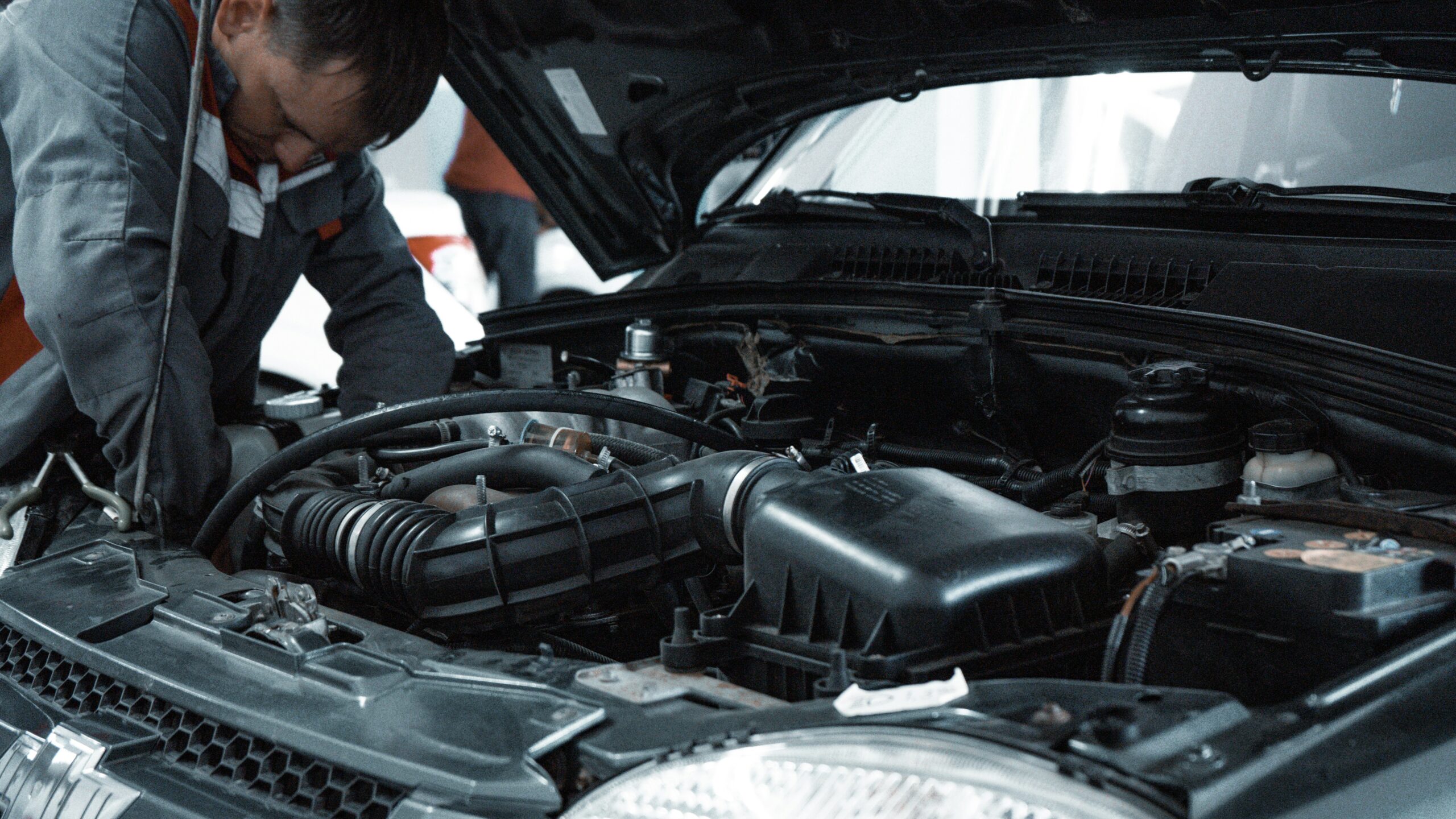Question: I just had my car’s water pump replaced, but now I see coolant leaking under my car. Is this normal? Why is coolant leaking after replacing my water pump, and what should I do?
Answer:
The water pump is a critical part of the cooling system. It helps circulate coolant from the radiator to the engine and back to the radiator. A faulty pump means the coolant won’t flow properly. This could lead to leaks, overheating and other issues with the system.
While your vehicle may normally lose coolant over time—maybe 3 ounces every four to six months — signs of a leak may be cause for concern.
If you notice leaks after replacing your car’s water pump, make sure the pump was installed properly. This may mean taking it back to the shop or giving it and the connections a thorough inspection if you installed the pump yourself.
What if it’s not the water pump?
While a leak at this point may make you think it’s a water pump issue, there are various other causes of a coolant leak. These include:
- Issues in the radiator: Car parts can wear over time, and the radiator is not immune. Corrosion can lead to holes in the radiator. Tubes inside the radiator can develop tears and leaks. Gaskets can wear out and leak, and hoses can stop sealing well, all leading to leaks from the radiator.
- Faulty radiator cap: The cap on the radiator could also be the problem. There is immense pressure throughout the cooling system, and the radiator cap keeps a tight seal and the correct pressure in that system. A worn cap can allow coolant to escape from the system.
- Blown head gasket: The head gasket seals the combustion chamber of the engine, allowing it to fire and run properly. It also helps keep coolant and oil from leaking outside the engine. A blown head gasket would easily lead to a coolant leak, but you’ll also have plenty of other problems, such as full engine failure.
- Issues with the reservoir tank: The coolant reservoir tank helps regulate your system, taking in excess coolant and releasing it into the system as needed. A problem here could lead to lower coolant levels and possible overheating. A crack in the coolant reservoir or a faulty intake hose could lead to coolant leaks.

Chris Burkhardt is a writer and editor with over a decade of experience across various storytelling mediums. With Jerry, Chris hopes to help anyone with a question about their vehicle easily find the answers they are looking for. Whether you need to know how much insurance costs for a classic car, how to replace a broken light or tell if you need an oil change, Chris wants to help you find solutions the best he can. Prior to joining Jerry, Chris was a digital content producer and writer for NBC and a freelance editor for NerdWallet. A graduate of the University of Oregon’s School of Journalism and Communication, if Chris is not working on content, he’s sure to be found cheering on his Ducks!

Phil Metzger is a personal finance editor and writer with more than 30 years of experience editing and writing content across a variety of industries. In writing and editing for Jerry, Phil’s mission is to help car owners better understand their vehicles and the costs associated with car ownership. Before joining Jerry, Phil worked as a writer and editor for newspapers, magazines, television radio and online news. His work has appeared in many major publications and websites over the years, including a series he edited that was a finalist for a Pulitzer Prize.








